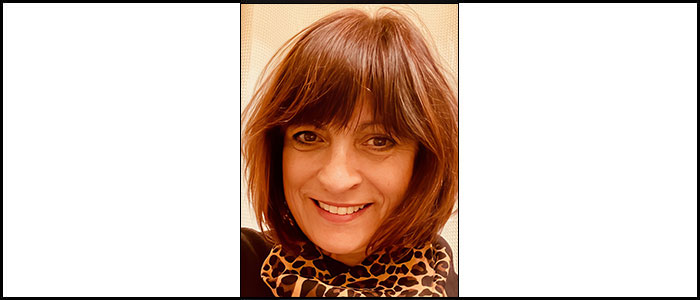
You must be a member of ACAMS to see this content. Please login or join today for full access to www.ACAMSToday.org and other exclusive member-only content.

You must be a member of ACAMS to see this content. Please login or join today for full access to www.ACAMSToday.org and other exclusive member-only content.